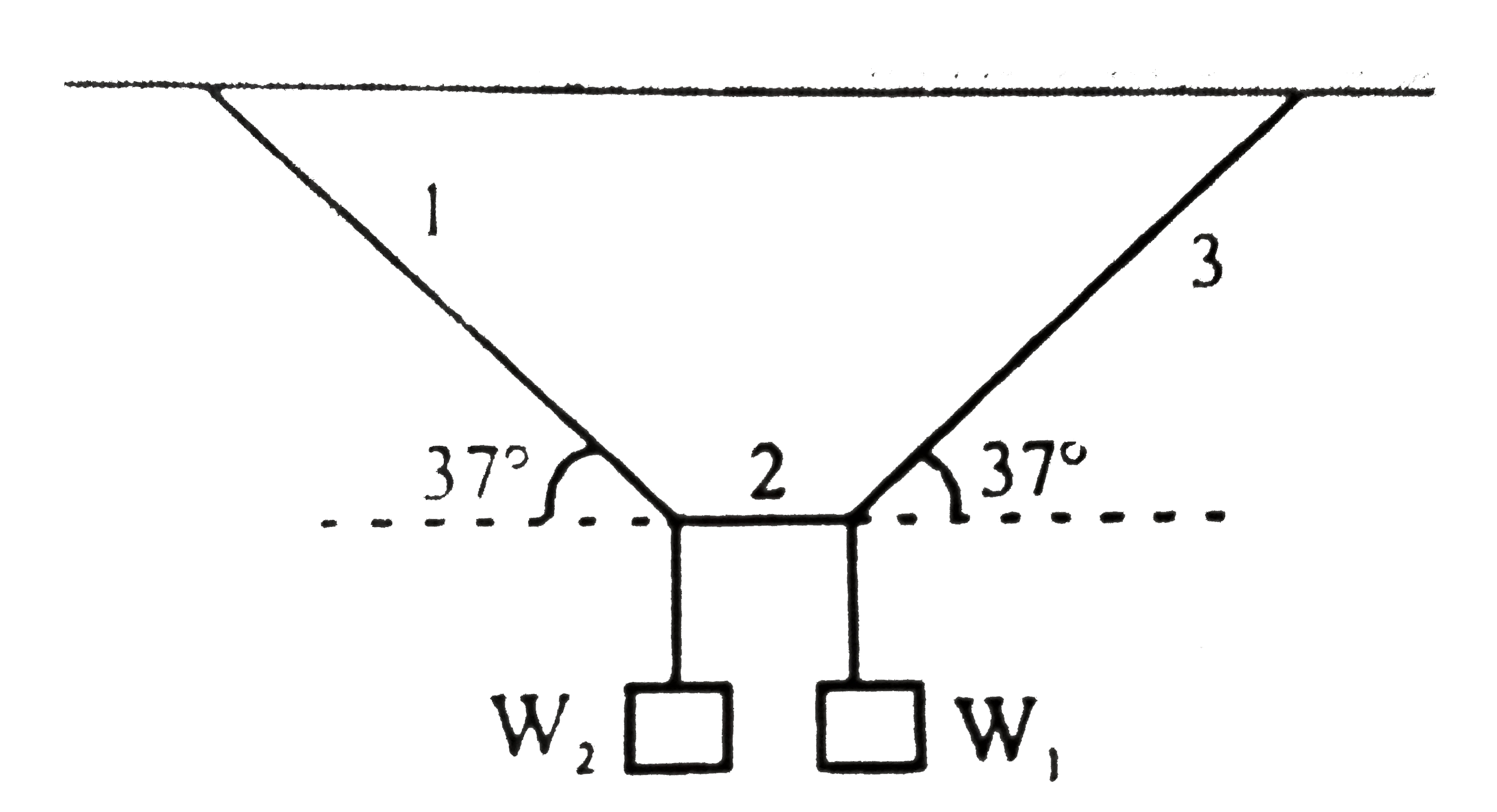STATEMENT-1 Net reaction can occur only if a system is in equlibrium.
STATEMENT-2: All reactin tends to be in a state of equlibrium.
STATEMENT-3: At equlibrium, ΔG is zero.
T T F
F T T
T T T
F T F
The correct Answer is:C
To analyze the statements provided in the question, we will evaluate each statement one by one and determine their validity based on the principles of chemical equilibrium.
Step 1: Evaluate Statement 1
- Statement 1: "Net reaction can occur only if a system is in equilibrium."
- Analysis: This statement is false. A net reaction can occur when a system is not in equilibrium. In fact, reactions proceed toward equilibrium, and it is during this process that the net change occurs. Once equilibrium is reached, the concentrations of reactants and products remain constant, and there is no net change in the system.
Step 2: Evaluate Statement 2
- Statement 2: "All reactions tend to be in a state of equilibrium."
- Analysis: This statement is true. Most chemical reactions do tend to reach a state of equilibrium where the rate of the forward reaction equals the rate of the reverse reaction. This is a fundamental concept in chemical kinetics and equilibrium.
Step 3: Evaluate Statement 3
- Statement 3: "At equilibrium, ΔG is zero."
- Analysis: This statement is true. At equilibrium, the Gibbs free energy change (ΔG) for the system is zero. This indicates that there is no net change in the system, and the reaction is at a state of balance. If ΔG is negative, the reaction is spontaneous in the forward direction, and if ΔG is positive, the reaction is non-spontaneous.
Conclusion:
- Statement 1: False
- Statement 2: True
- Statement 3: True
Final Answer:
- Statement 1 is false, while Statements 2 and 3 are true.
---
- Statement 1: "Net reaction can occur only if a system is in equilibrium."
- Analysis: This statement is false. A net reaction can occur when a system is not in equilibrium. In fact, reactions proceed toward equilibrium, and it is during this process that the net change occurs. Once equilibrium is reached, the concentrations of reactants and products remain constant, and there is no net change in the system.
- Statement 2: "All reactions tend to be in a state of equilibrium."
- Analysis: This statement is true. Most chemical reactions do tend to reach a state of equilibrium where the rate of the forward reaction equals the rate of the reverse reaction. This is a fundamental concept in chemical kinetics and equilibrium.
- Statement 3: "At equilibrium, ΔG is zero."
- Analysis: This statement is true. At equilibrium, the Gibbs free energy change (ΔG) for the system is zero. This indicates that there is no net change in the system, and the reaction is at a state of balance. If ΔG is negative, the reaction is spontaneous in the forward direction, and if ΔG is positive, the reaction is non-spontaneous.
- Statement 1: False
- Statement 2: True
- Statement 3: True
- Statement 1 is false, while Statements 2 and 3 are true.
Topper's Solved these Questions
- EQUILIBRIUMBOOK - AAKASH INSTITUTE ENGLISHCHAPTER - EQUILIBRIUMEXERCISE - Assignment (SECTION-I) (SUBJECTIVE TYPE QUESTIONS)
9 Videos
- EQUILIBRIUMBOOK - AAKASH INSTITUTE ENGLISHCHAPTER - EQUILIBRIUMEXERCISE - Assignment (SECTION-J) (AAKASH CHALLENGERS QUESTIONS)
6 Videos
- EQUILIBRIUMBOOK - AAKASH INSTITUTE ENGLISHCHAPTER - EQUILIBRIUMEXERCISE - Assignment (SECTION-G) (INTEGER ANSWER TYPE QUESTIONS)
5 Videos
- ENVIRONMENTAL CHEMISTRYBOOK - AAKASH INSTITUTE ENGLISHCHAPTER - ENVIRONMENTAL CHEMISTRYEXERCISE - ASSIGNMENT (SECTION-D) (Assertion - Reason Type Questions)
4 Videos
- GENERAL PRINCIPLES AND PROCESSES OF ISOLATION OF ELEMENTSBOOK - AAKASH INSTITUTE ENGLISHCHAPTER - GENERAL PRINCIPLES AND PROCESSES OF ISOLATION OF ELEMENTSEXERCISE - Assignment (Section-D) Assertion-Reason Type Question
15 Videos
Similar Questions
STATEMENT-1: Oxidation state of Fe in Fe(CO)5 is zero
and
STATEMENT-2: EAN of Fe in this complex is 36.
View SolutionSTATEMENT-1: Catalyst change the activation energy.
STATEMENT-2: Catalyst can change equlibrium.
STATEMENT-3: Kρ is temperature dependent.
View SolutionSTATEMENT - 1 : Law of conservation of mass is valid in nuclear reaction.
STATEMENT - 2 : On dilution, normality of the solution changes.
STATEMENT - 3 : Molarity of the solution does not depend on amount of solution. ,
State True / False for the above statements.
(a)TTT
(b) FTT
(c) FFT
(d) TFF
View SolutionSTATEMENT-1 : The total momentum of a system in C-frame is always zero.
and
STATEMENT-2 : The total kinetic energy of a system in C-frame is always zero.
View SolutionSTATEMENT -1 : No two electric field line can intersect each other.
and
STATEMENT-2 : At point of intersection electric fieldmust be zero.
View SolutionSTATEMENT-1 A virtual image can be photographed.
STATEMENT- 2 Only a real image can be formed on a screen
View SolutionSTATEMENT -1 : In any chemical reaction, total No. of molecules are conserved.
and
STATEMENT -2 : Atom can neither be created nor be destroyed.
View SolutionIn a given figure system is in equlibrium, If W1= 300 N. Then W2 is approximately equal to

View SolutionSTATEMENT-1: U can show oxidation state +6
STATEMENT-2: Uranium is a radioactive element
STATEMENT-3: Uranium is lanthanoid
View SolutionSTATEMENT-1: The voltage of mercury cell remains constant for longer period of time.
STATEMENT-2: It is because net cell reaction does not involve ions.
View Solution
